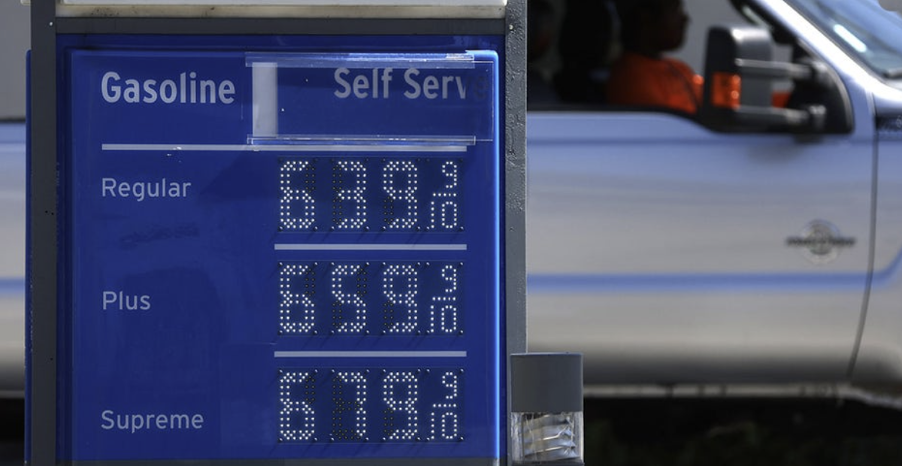Earnings Revision in the Pipeline
“We could have a couple of negative quarters” – uttered Federal Reserve Bank of Philadelphia President Patrick Harker.
We badly needed to hear that, because the jargon we’ve been offered so far from federal representatives has not been honest enough.
Ironically enough, saying the truth could offer relief to the Nasdaq index as pricing in a recession moves us along, but that doesn’t mean we are out of the woods yet.
Harker also said it is possible the U.S. economy might see a modest contraction in growth, but he expects the job market to remain strong.
Let me translate that for you.
Harker expects a soft recession, and he feels that it is increasingly priced into stocks.
However, the Nasdaq isn’t priced for a hard recession today, which could be the potential driving force for another dip in the index.
Adding some validation to a possible leg lower is that one of the biggest dip buyers out there, Blackrock (BLK), has said that it is not buying the dip in stocks, as valuations haven’t really improved.
Maybe they are targeting more single-family homes!
To get a real reversal of momentum, we will need not only big stocks like Apple to participate, but also the big buyers.
Don’t look at the Saudi’s either, they are busy earnings $2 billion a day selling oil.
From behind the scenes talks, there is still the hush hush feeling that positioning indicates that we are in for a sharp V-shaped rebound.
How do I know this?
Tech earnings still have a highly optimistic tinge to them, and lower inflation is built into earnings’ calculations.
Don’t forget that many garden-variety tech CFOs built low inflation into their 2nd half of the year revenue models.
Inflation, according to them, is supposed to subside triggering earnings’ beats around the pantheon of great tech companies.
This is what is supposed to happen if consensus plays out.
It rarely does.
Adding fuel to the fire is a proposed federal gas tax holiday by the current administration which is extraordinarily inflationary even if it does help marginal tech companies like Uber (UBER) and Lyft (LYFT) in the short run.
A tax holiday will destroy oil capacity by disincentivizing oil companies in capital investments.
Supply will also crash by encouraging gas hoarding by clever consumers and CEOs hellbent on taking advantage of this brief tax holiday.
The 800-pound gorilla in the room is clearly China.
Imagine if the Communists finally start to peel back their dystopian arbitrary lockdowns and what that will do for rampant inflation.
Pork prices will rise 25% and more importantly oil prices will revisit the peak we had from the on set of the military event East of Poland.
All of this matters for tech companies that consummate contracts for chips, parts, pay salaries to inflationary traumatized coders and build computers.
The conundrum here is that CFOs and CEOs might be guilty of being too positive in regard to the economic cycle.
Consensus estimates (IBES data by Refinitiv) still show very healthy levels of earnings growth. S&P 500 earnings per share for 2022 remain at +10.8%, but the expectations for 2023 continue to reflect a probably optimistic +8.1% growth, with revenues up 4%.
This is ridiculously overly optimistic and isn’t in tune to the realities on the ground.
It is highly plausible we will experience another bear market rally in tech only to be reminded by upcoming earnings’ revisions that there’s still multiple contractions that needs to be rammed down our throat.
Tech stocks will be the most volatile during this period and traders looking for the best bang for a buck should look at smaller positions but in higher beta names like Tuttle Capital Short Innovation ETF (SARK) for the post-bear market rally and ARK Innovation ETF (ARKK) for the current bear market rally.
It’ll be interesting to see if stocks like Apple (AAPL) can eclipse their previous bear market rally peak of $151.
Apple stands at $138, and I presume with these lower gas prices, it should eke out at least $145 before another acid test.



